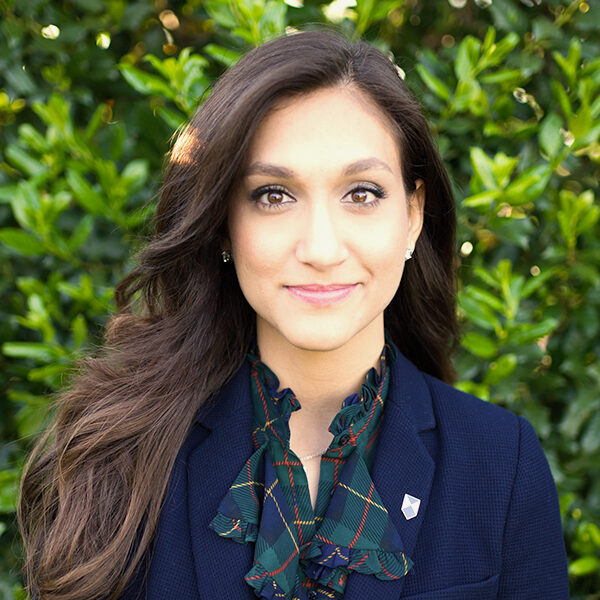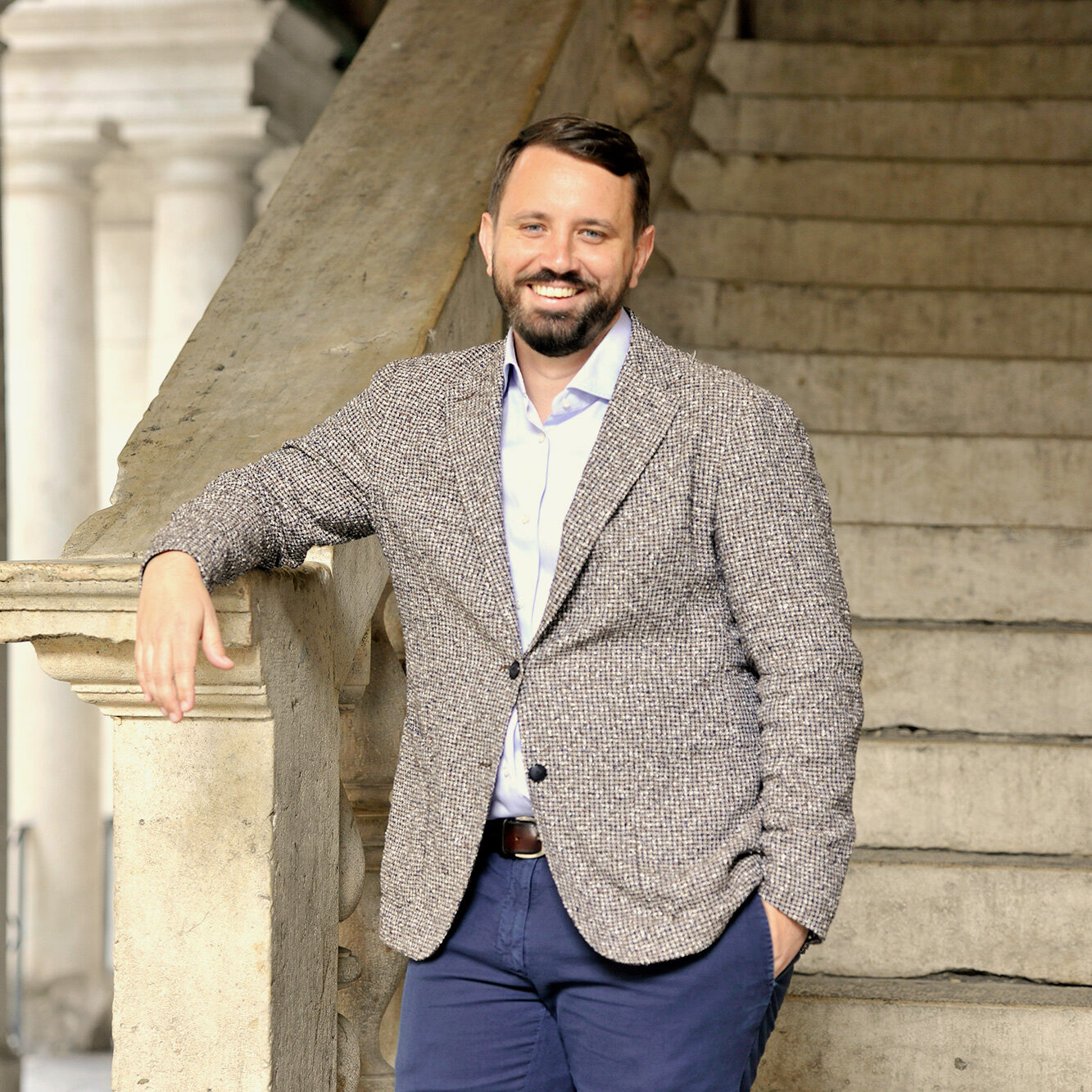Why did you decide to earn a degree at Harvard Extension?
Overall, the high-level of involvement, the quality of work expected, caliber of professors, and the scholarly dialogue are my main academic reasons for earning my degree with Harvard Extension School.
How has this experience helped you in your career or personal development?
The experience of this program has given me a far more in-depth understanding of the challenges and opportunities museums face in the 21st century. In turn, this has allowed me to focus my research interests so that I may contribute to the field of heritage studies in a significant and meaningful way.
What was the most challenging aspect of your time at Extension? What was the most rewarding?
In one year, I worked to open Museum of the Bible — a 430,000 square foot museum located in Washington, DC. Simultaneously, I opened my own family business — Threshold Climbing, Yoga, and Fitness — a $5 million project located in Oklahoma City. I did this all while researching and writing quality papers for class. Talk about pushing one’s limits!
After all the hard work, the most rewarding aspects of my time at Harvard Extension School were finding out that my research advisor added my master’s thesis to his required course reading material for the spring session, discovering it was also nominated for the Dean’s Prize, and — lastly — watching the Museum of the Bible and Threshold positively impact the communities they fall in. It truly makes all the challenges worth it.
If you were a distance student, how did you manage fulfilling the on-campus requirements? If you took most of your courses online, what was the online experience like for you? How did you ensure success?
To fulfill one of the on-campus requirements, I decided to attend the three-week concentrated restoration and collections-care training course at both the Semitic and Peabody Museums at Harvard.
The most memorable group project I was a part of was recasting antiquity, “From Stone to Silicone: Technologies for Scholarship,” led by Dr. Adam Aja of the Semitic Museum. In just three weeks, our class was able to restore a giant plaster cast, depicting a portion of the Siege of Lachish, an ancient relief, using modern mold-making materials.
In which ways did you connect with the Harvard community? If you spent time on campus, what was the experience like?
I traveled to Cambridge to present my final research paper, Protecting Cultural Property Amidst Conflict. Analyses on Cooperation between Museums and the US Military. My research advisor, Dr. Joseph A. Greene, came out (on a Saturday) to support my presentation. I am all sorts of grateful for his guidance through my research and writing.
I believe this example summarizes my overall experience with the Harvard community: a community that I have found to be inspirational, thought-provoking, and supportive.
Do you have a favorite class or faculty member? Why?
The following individuals aren’t just my “favorite.” Instead, these are individuals that I will always look to as mentors. Both went above and beyond to ensure I stayed on track, focused, and inspired throughout my research. This made a lasting impression on my life and career. With that, Deputy Director and Curator of the Semitic Museum at Harvard, Dr. Joseph A Greene, and Director of the Museum Studies Program, Katherine Burton Jones, thank you.
Describe your Extension School experience in one word.
Essential.
This interview has been edited for clarity and length.

